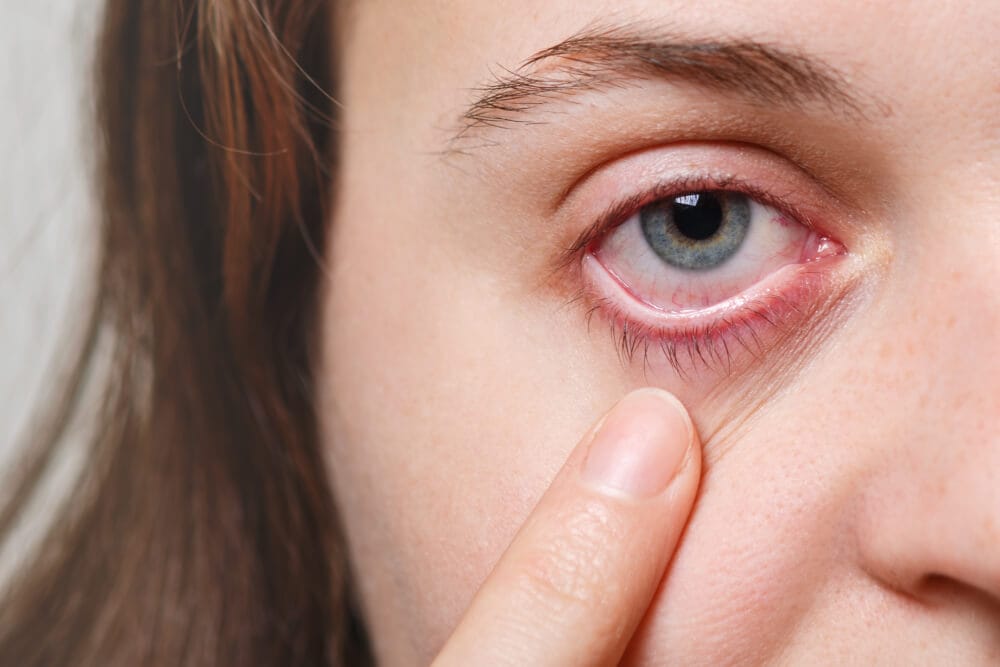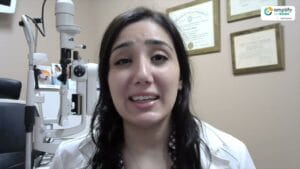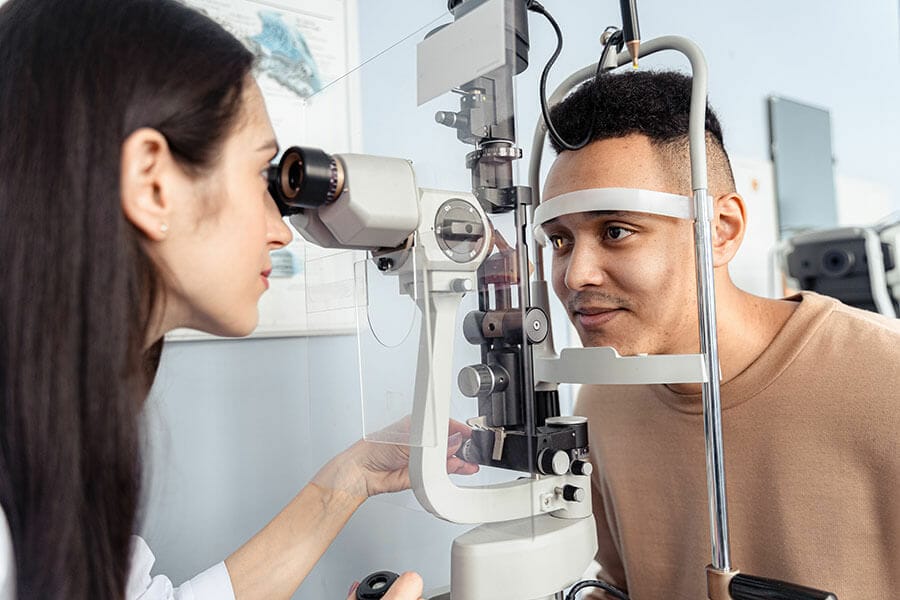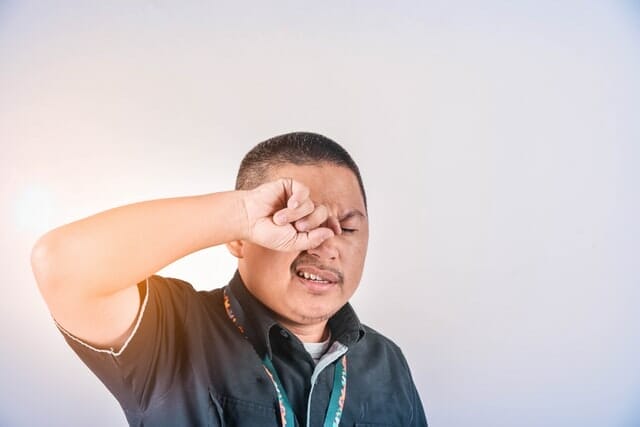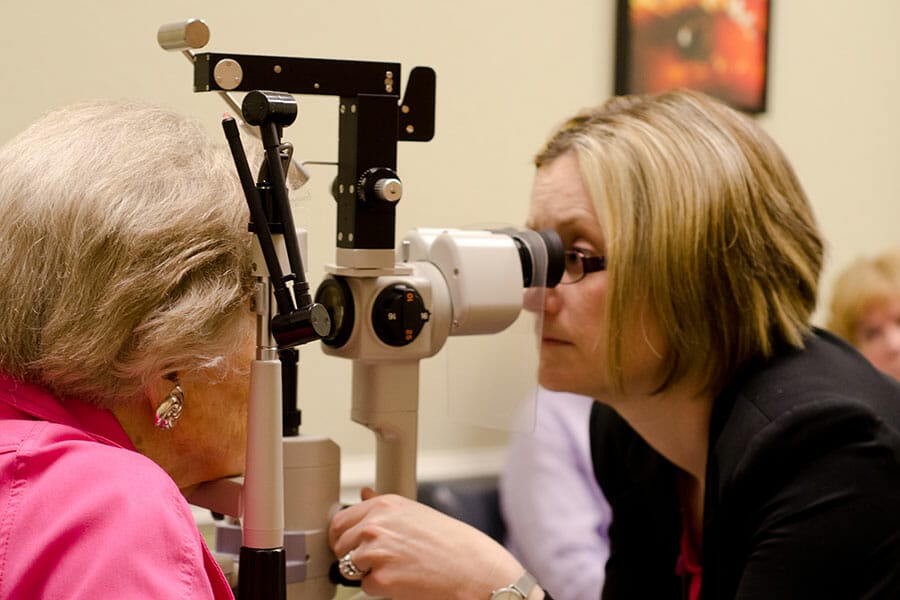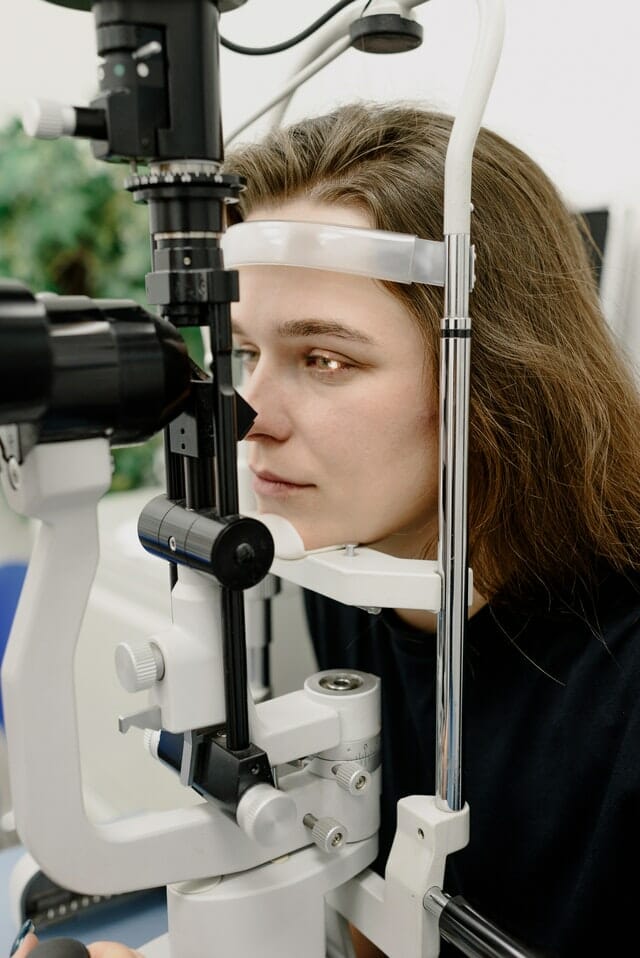Types of Chemical Injuries
Young men are the most likely demographic to sustain chemical injuries to the eyes, and more than 90 percent of these injuries are the result of accidental exposure, generally in industrial settings.
Acid Burns
Acid burns are generally caused by exposure to acids with a pH of less than 4. Common acids encountered in emergency settings include sulfuric acid (which is found in car batteries) and hydrochloric acid (which is used for cleaning swimming pools.)
Acids are usually less destructive to the eyes than alkali substances, due to their tendency to denature, coagulate, and precipitate corneal proteins when they come into contact. This creates a barrier and keeps the acid from penetrating further. This coagulation creates the ground-glass appearance often seen on the cornea in severe acid burns. Among acids, hydrofluoric acid (which is found in anti rust solutions and glass etching solutions) is a more dangerous exception to this rule, as it more rapidly penetrates entirely through the cornea, causing significant damage to the cornea and the anterior segment.
Alkali Burns
Alkali chemicals such as sodium hydroxide, calcium hydroxide, and ammonia can be found in things like drain cleaners or industrial cleaning solutions, fertilizers and household cleaning solutions, and cement and plaster.
Because alkali chemicals are lipophilic, they penetrate through the cell membranes easily, and substances within these chemicals can denature the cornea’s collagen matrix to allow the chemicals to penetrate further. Tissues that come into contact with these chemicals may sustain a great deal of damage, and the chemicals can continue to penetrate the body long after the initial exposure.
This direct chemical damage can lead to significant, lasting damage to the eyes in a very short time, so it is extremely important to be careful and stay protected when around such substances.

